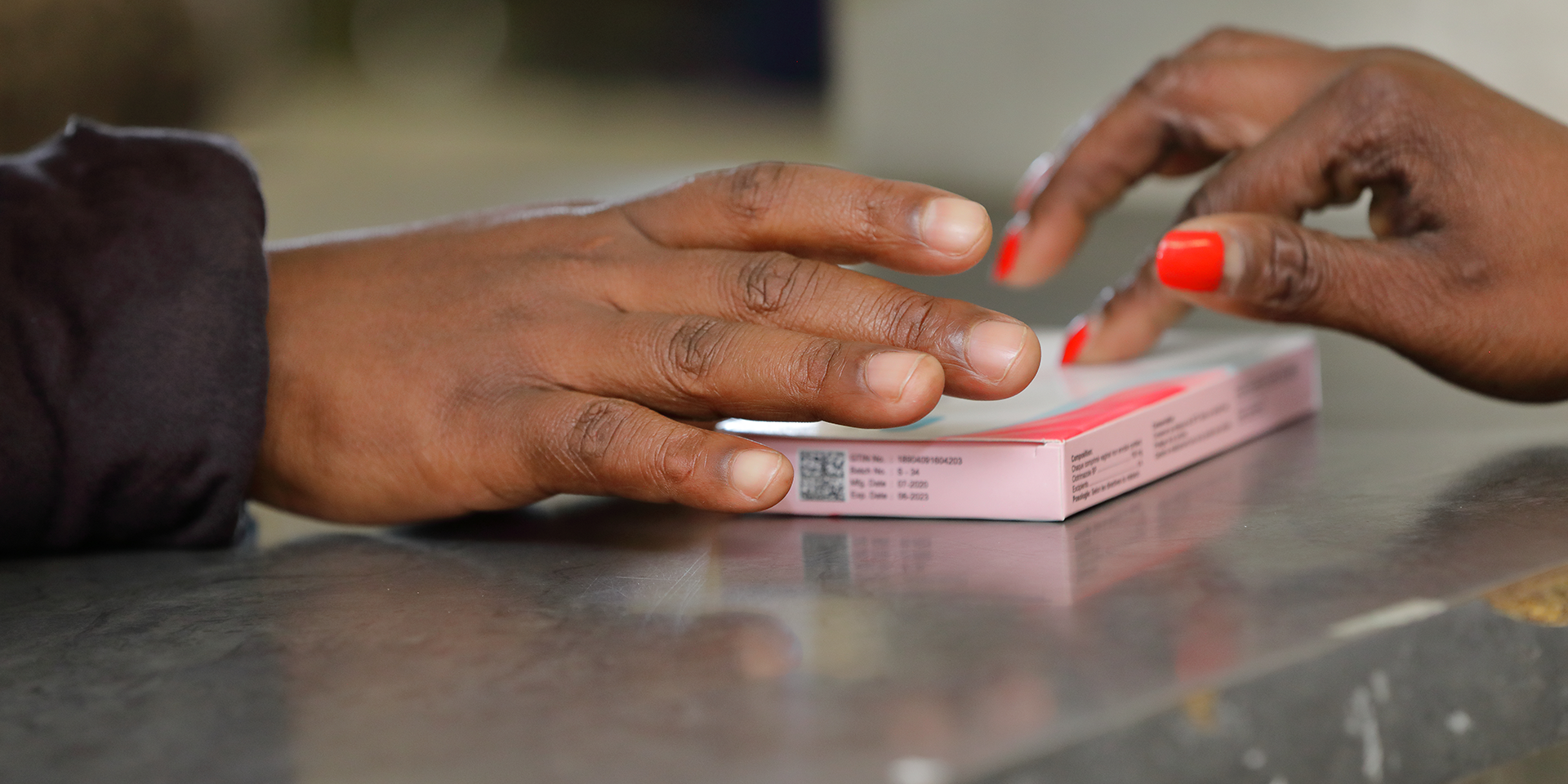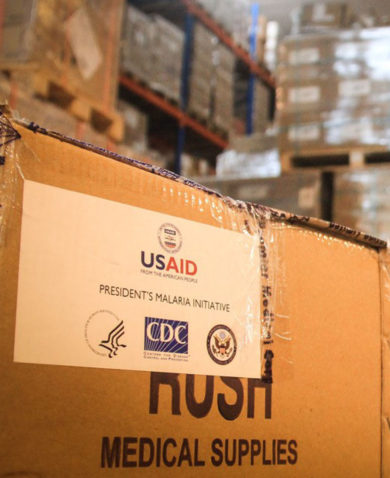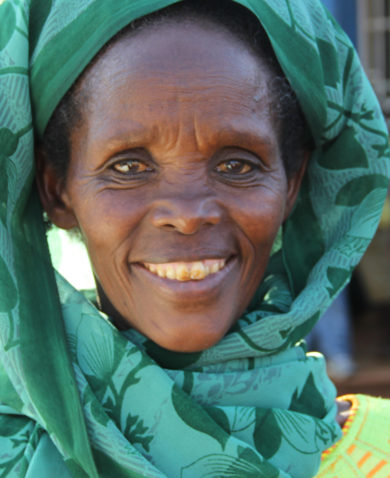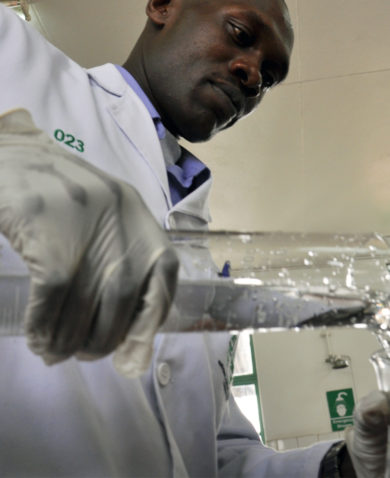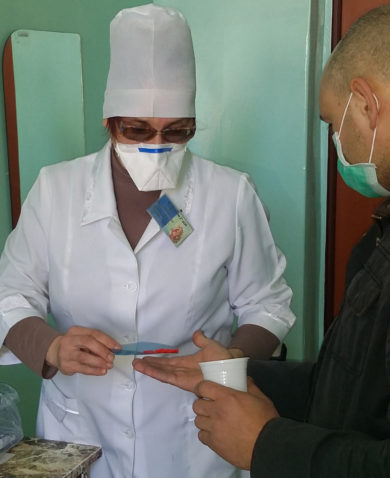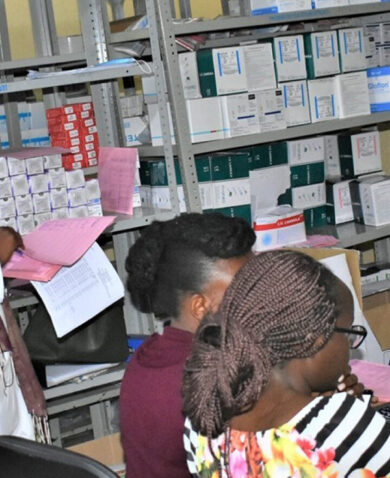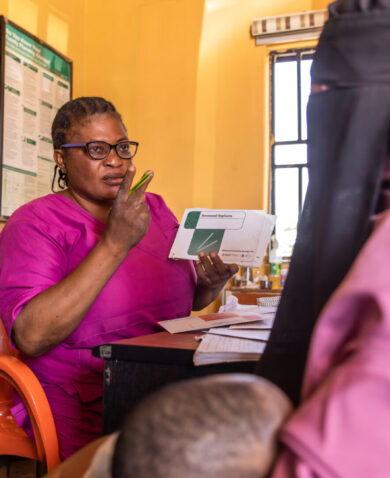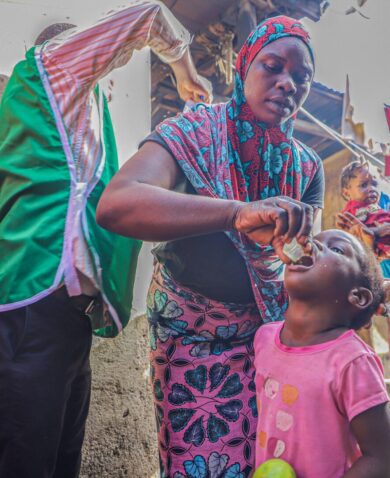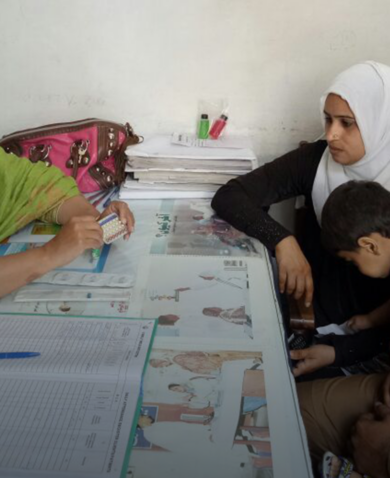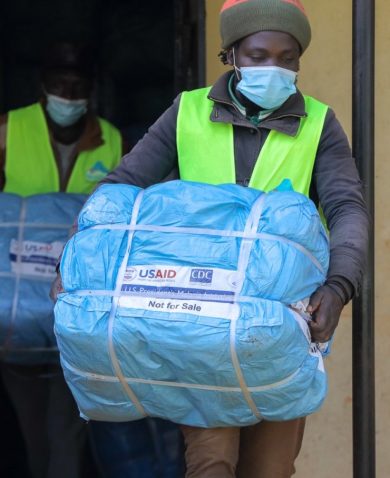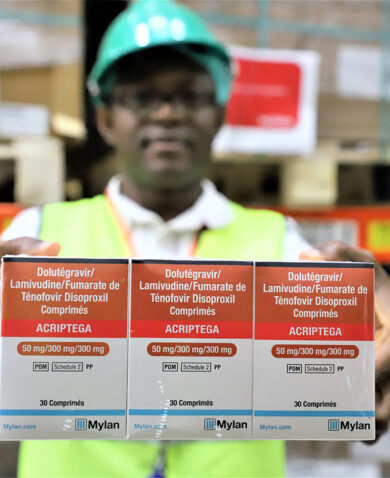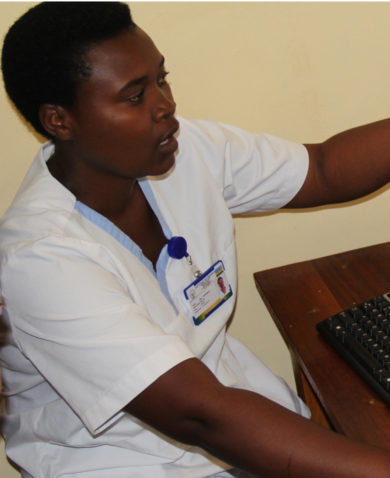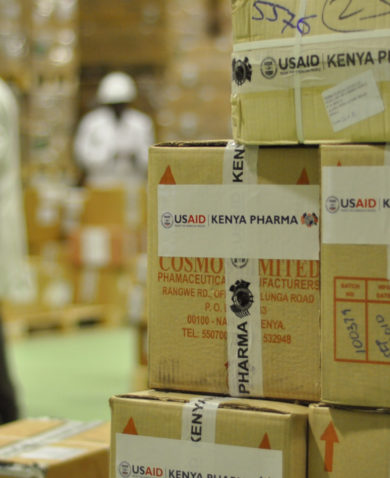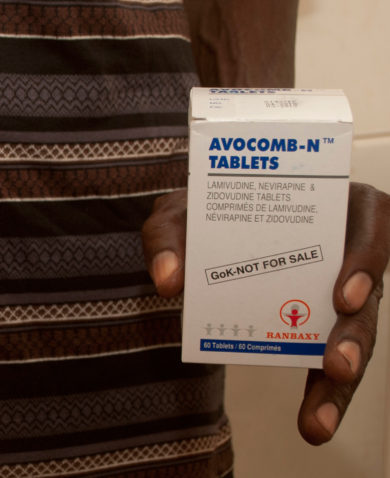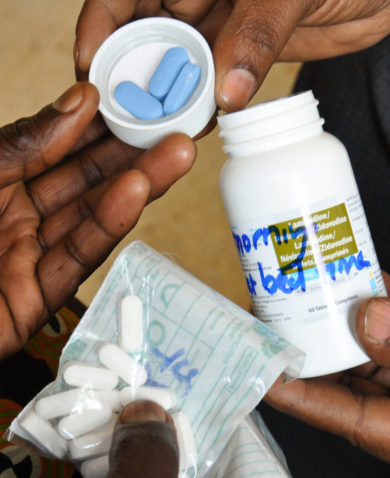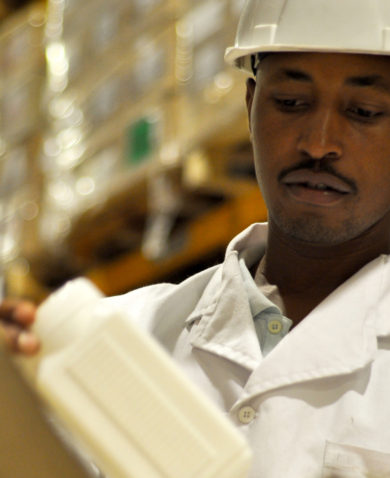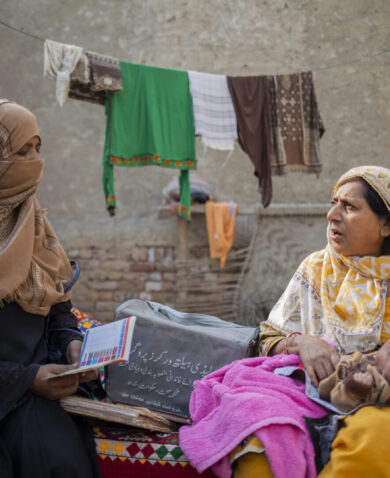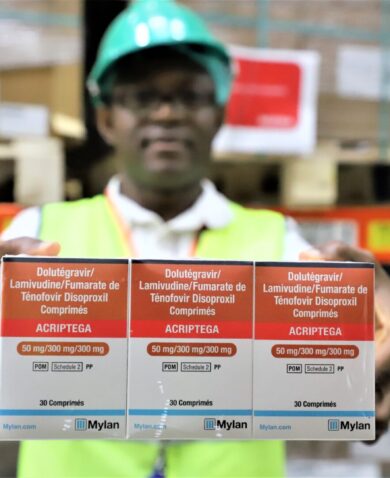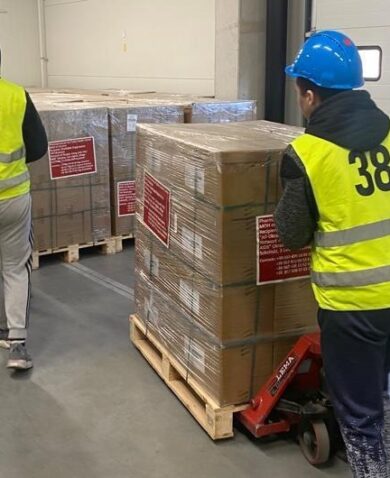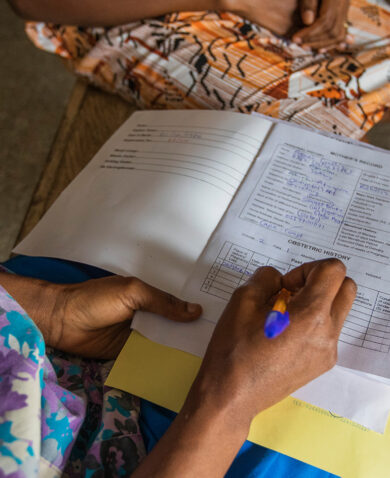After three months of enhanced adherence counseling, Mr. Abdul took a repeat viral load test and discovered that he had achieved HIV viral suppression with a viral count that was undetectable. After completing the TB treatment, he immediately began TB preventive treatment to avert TB reinfection. In the following months, he recovered the weight he had lost due to disease and his HIV viral count remained suppressed.
By utilizing the adaptive case management approach that proved so successful for Mr. Abdul, the SHARP Task Order 3 team achieved over 90% viral load suppression across all supported states. Thanks to the efficacy of this approach, the program is strengthening local health systems to better prepare them to respond to the HIV epidemic, meet Nigeria’s targets for ending the HIV epidemic, and help patients live happier, healthier lives.
In Nigeria, reducing the burden of HIV and TB is a critical public health goal. The country has an estimated 2 million people living with HIV, according to the Joint United Nations Programme on HIV/AIDS. It also has one of the highest burdens of HIV/TB co-infection, according to the World Health Organization. Since March 2020, through the USAID-funded Nigeria Strategic HIV/AIDS and TB Response Program (SHARP) Task Order 3, Chemonics has delivered critical technical assistance to improve HIV and TB services in 126 health facilities, including the Muhammad Shuwa Memorial Hospital, across six Nigerian states.
Photo: A pharmacist passes a box of antiretrovirals to a patient. Credit: HRH2030.
Note: Mr. Abdul is an alias to protect the identity of the patient in this story.

